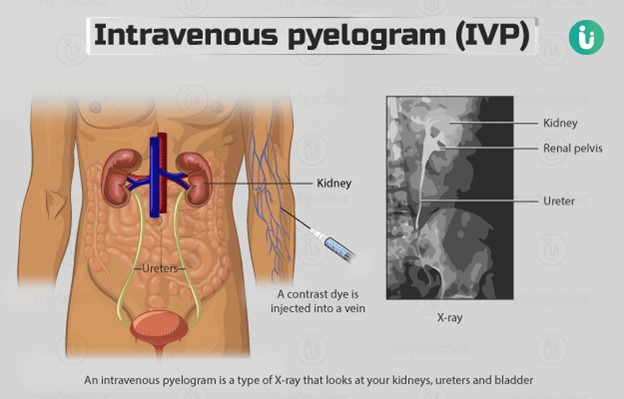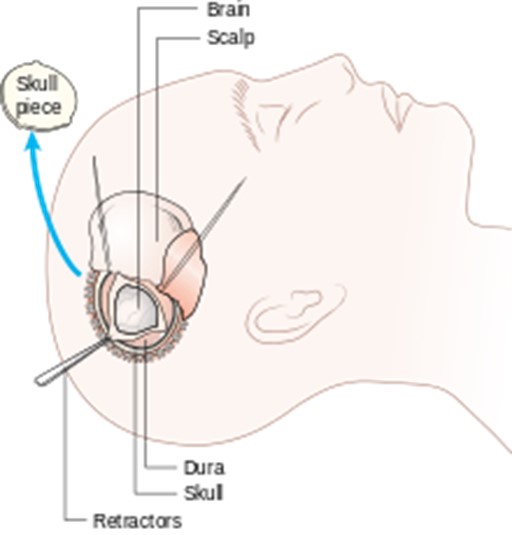A nurse notes that a client's serum potassium level is 6 mEq/L. The nurse interprets this as an expected finding in the client with which health problem?
Cushing's
Diabetes insipidus
Addison's
Diarrhea
The Correct Answer is C
Choice A Reason: Cushing's is not an expected health problem in a client with high potassium level, as it causes low potassium level due to excess cortisol and aldosterone production.
Choice B Reason: Diabetes insipidus is not an expected health problem in a client with high potassium level, as it causes low potassium level due to excessive water loss and dilution of blood.
Choice C Reason: Addison's is an expected health problem in a client with high potassium level, as it causes high potassium level due to insufficient cortisol and aldosterone production.
Choice D Reason: Diarrhea is not an expected health problem in a client with high potassium level, as it causes low potassium level due to excessive fluid and electrolyte loss.
Nursing Test Bank
Naxlex Comprehensive Predictor Exams
Related Questions
Correct Answer is B
Explanation
Choice A Reason: The procedure will not be cancelled if the urinalysis indicates the presence of red blood cells, but it may indicate a urinary tract infection or kidney damage that needs further evaluation.
Choice B Reason: After the procedure, you will be encouraged to drink plenty of fluids, as this helps to flush out the contrast dye that was injected into your vein and prevent dehydration and kidney damage.
Choice C Reason: High frequency sound waves will not be used to identify renal system structures, but this is the principle of ultrasound imaging, which is a different diagnostic test.
Choice D Reason: You will not need to remain flat in bed for 4 hours following this procedure, but you may need to rest for a short period of time and avoid strenuous activities for the rest of the day.

Correct Answer is D
Explanation
Choice A Reason: Hypertension is not a common finding in diabetes insipidus, but it may indicate increased intracranial pressure or other complications.
Choice B Reason: Fluid retention is not a common finding in diabetes insipidus, but it may indicate syndrome of inappropriate antidiuretic hormone secretion (SIADH) or heart failure.
Choice C Reason: Elevated blood glucose is not a common finding in diabetes insipidus, but it may indicate diabetes mellitus or hyperglycemia.
Choice D Reason: Increased urine output is a common finding in diabetes insipidus, as the lack of antidiuretic hormone (ADH) causes the kidneys to excrete large amounts of diluted urine.

Whether you are a student looking to ace your exams or a practicing nurse seeking to enhance your expertise , our nursing education contents will empower you with the confidence and competence to make a difference in the lives of patients and become a respected leader in the healthcare field.
Visit Naxlex, invest in your future and unlock endless possibilities with our unparalleled nursing education contents today
Report Wrong Answer on the Current Question
Do you disagree with the answer? If yes, what is your expected answer? Explain.
Kindly be descriptive with the issue you are facing.
